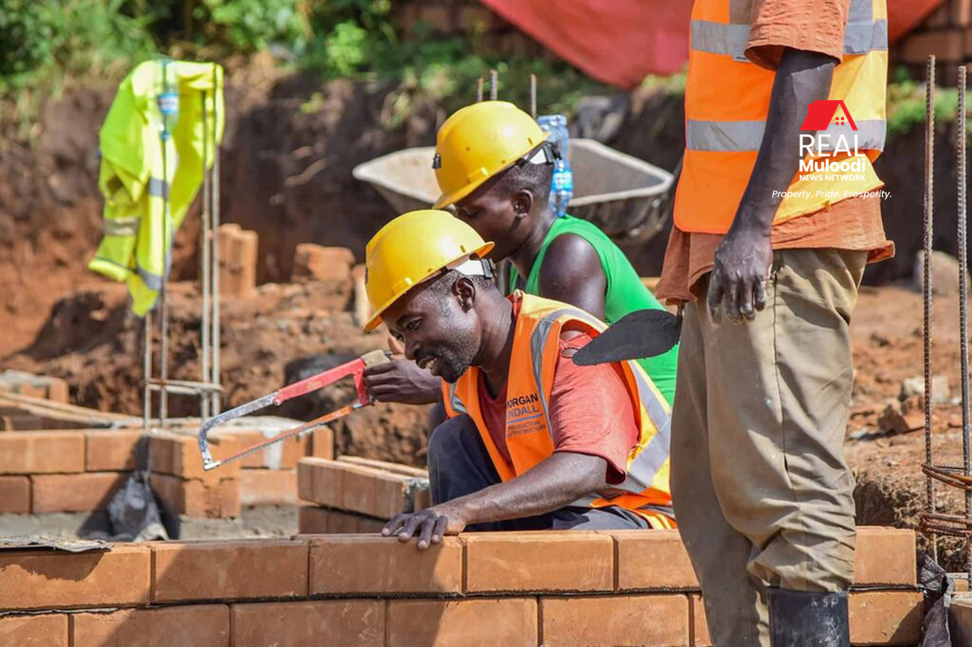UGANDA, Kampala | Real Muloodi News | In a notable move to empower the local construction industry, Vice President Jessica Alupo, representing President Museveni, attended the 30th-anniversary celebrations of the Uganda National Association of Building and Civil Engineering Contractors (UNABCEC).
Acknowledging the sector as the backbone of the nation’s development, President Museveni emphasised its consistent contribution to Uganda’s Gross Domestic Product (GDP), accounting for 12 per cent of the country’s economic prosperity.
While the government recognises the pivotal role of the construction sector, efforts to strengthen the local industry have been limited.
In September last year, Parliament passed the Local Content Bill for various sectors, excluding oil, gas, and petroleum.
Additionally, campaigns like “Proudly Ugandan” by the Private Sector Foundation of Uganda (PSFU) and “Buy Uganda, Build Uganda” by the Ministry of Trade and Commerce aimed to promote locally made products.
Despite these initiatives, robust support for local firms is still lacking.
Challenges persist, with the government seemingly favouring foreign firms over local businesses. Tax breaks and concessions, exemplified by the Uganda Vince Coffee Company, often prioritise foreign investors, contributing to capital flight.
Notably, a 2017 list of completed roads and bridges revealed that only two were constructed by local firms, indicating a disparity that needs urgent attention.
Finance Minister Matia Kasaija highlighted the issue in 2017, stating that a significant portion of the USh3.6 trillion government expenditure had gone to foreign firms, emphasising the need for a deliberate strategy to support local participation.
To truly empower Ugandans in the construction industry, there is a need for comprehensive policy adjustments.
Project implementation designs must be reconsidered to favour local contractors, addressing issues such as bid guarantees and payment structures.
Policies requiring firms to complete a significant portion of the work before payment should be revisited.
Expedited payments to contractors must be made a priority, as delayed payments have become a significant challenge for many promising local firms.
Additionally, the government should consider a deliberate policy offering long-term loans with low interest rates to empower local firms and build their capacity.
Fostering the growth of Uganda’s construction industry requires a strategic and deliberate approach. By addressing policy barriers, ensuring timely payments, and providing financial support to local businesses, Uganda can create an environment where its citizens play a leading role in shaping the nation’s infrastructure and economic development.
READ MORE LIKE THIS:
Technology That Helps Construction Industry Avoid Cost Overruns
The African Construction Industry Should Stop Importing Building Materials



